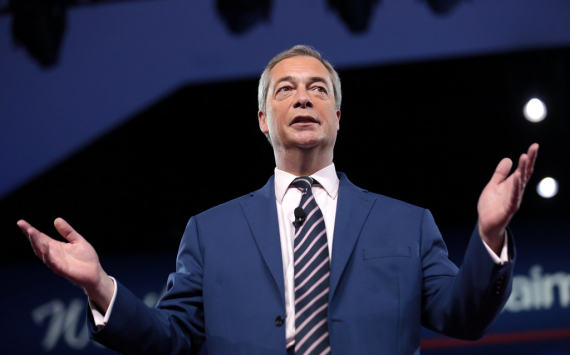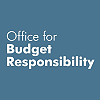
Brexit's economic shortfall
Nigel Farage, a prominent Brexiteer, acknowledges that Brexit has not met expectations. He criticizes the government's inability to capitalize on the advantages of leaving the EU. The Conservative Party's row over immigration adds to the controversy.
In a BBC Newsnight interview, Farage states that Brexit has not brought economic benefits due to government policies deterring business investments. He criticizes UK politicians, comparing them to ineffective EU commissioners, and blames the government for failing to control borders.
Farage rejects the idea that staying in the EU would have been better. He highlights missed opportunities and claims that the UK now regulates businesses even more than as an EU member. He concludes that Brexit has failed.
Farage does not rule out a political comeback to address Brexit failure and border control issues. He criticizes the government for letting down the country.
The Office for Budget Responsibility (OBR) equates Brexit's impact on the UK economy to the Covid pandemic and energy price crisis. The OBR warns that it will take five years for spending power to recover, and GDP would be 4% smaller than if the UK had stayed in the EU. Factors like labor shortages, investment slump, and stagnant productivity hinder economic growth.
The Conservative Party faces an immigration row as Home Secretary Suella Braverman calls for reduced immigration, while Trade Minister Nigel Huddleston contradicts her stance. This highlights conflicting viewpoints within the government.
In conclusion, Downing Street disputes Farage's claim, asserting that Brexit delivers benefits through tailored policies. They cite British farming and gene-editing technology as examples. The ongoing debates and differing opinions shape the political landscape and public sentiment surrounding Brexit.









